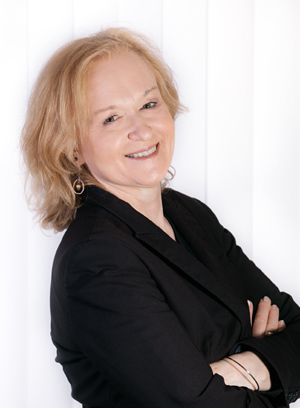
Wednesday August 17, 2022 | COLWOOD, BC [Updated August 18, 2022]
by Mary P Brooke | Island Social Trends
City of Colwood Mayor Rob Martin is going to bat for clean energy heating options in new construction in the area.
He recently made a presentation to Energy, Mines and Low Carbon Innovation Minister Bruce Ralston, along with local MLA Mitzi Dean (Esquimalt-Metchosin) and BC Hydro, as to advocating that Gablecraft Homes Latoria South should be a master plan electric development “by letting Hydro be an attractive economic choice”.
“We were specifically talking about electric heat pumps versus natural gas heat pumps,” Mayor Martin told Island Social Trends this week.
Master plan developments:
“The discussion with the minister was that in a master plan development like Royal Bay, Fortis can cost-average their installation costs over a period of years, whereas Hydro requires up front costs to the project by the developer,” Martin explained.
“It’s more cost effective to supply natural gas than hydro,” says Martin. But he adds: “My argument to the minister was that the Provincial government should be helping municipalities and their developments by providing the option for Hydro in a master plan development at the same costs as a carbon based fuel option.”
“I believe it was received well and I’m hoping it will be a discussion point at a future Provincial cabinet meeting,” said Martin, who is now running for a second term as Colwood Mayor.
Transition to heat pumps:
Existing homes, including rentals, are left to their own devices as to upgrading current heating systems to heat pumps. Homeowners can get rebates to cover some of the cost.
Tenants who are renting homes with electric base board or oil furnace are likely going to last to benefit from heat pumps, as the cost to transition to heat pumps would be on the landlord’s or building owner’s shoulders; time and disruption for renovations and an increase in rent are prohibitive factors to heat pump transition.
Reducing emissions:
The city has some more information online about Shifting to Clean Energy including that three sectors account for most emissions: transportation, industry and buildings.
Currently, electricity accounts for only 19% of total energy consumption in BC, the city points out.
“Switching from fossil fuels to clean electricity in these three sectors would go a long way toward reducing emissions and meeting BC’s energy targets,” it was stated by the City of Colwood in an information post Electrifying: BC Hydro presentation emphasizes shift to clean energy on May 9.
Transportation, buildings and housing density:
Some areas of focus in the City of Colwood for proposed shifts to reduce emissions include:
- Low Carbon Transportation: Make walking and cycling easier, prioritize public transportation and support a shift to electric vehicles
- Low Carbon Buildings: require new buildings to meet energy efficiency requirements with heat pumps and other clean energy options, retrofit existing buildings where possible, and prioritize natural solutions like trees for temperature control and existing waterways for stormwater
- Focus density around transportation networks: new development is concentrated on major transportation routes that offers access to a growing public transportation network rather than single occupancy vehicles
===== RELATED:
Colwood Mayor Rob Martin running for second term (July 2, 2022)
BC Hydro: heat wave generates peak summer electricity usage (June 29, 2021)
===== ABOUT ISLAND SOCIAL TRENDS:
Island Social Trends is an independent news service on south Vancouver Island, operating since 2008 (first as MapleLine Magazine 2008-2010, then Sooke Voice News 2011-2013, then West Shore Voice News 2014-2020, before launching fully online as a digital news portal in mid-2020).
Island Social Trends Editor Mary P Brooke founded each of those publications, and continues to report on news of the west shore as well as Greater Victoria, BC and national news from the Vancouver Island vantage point.










